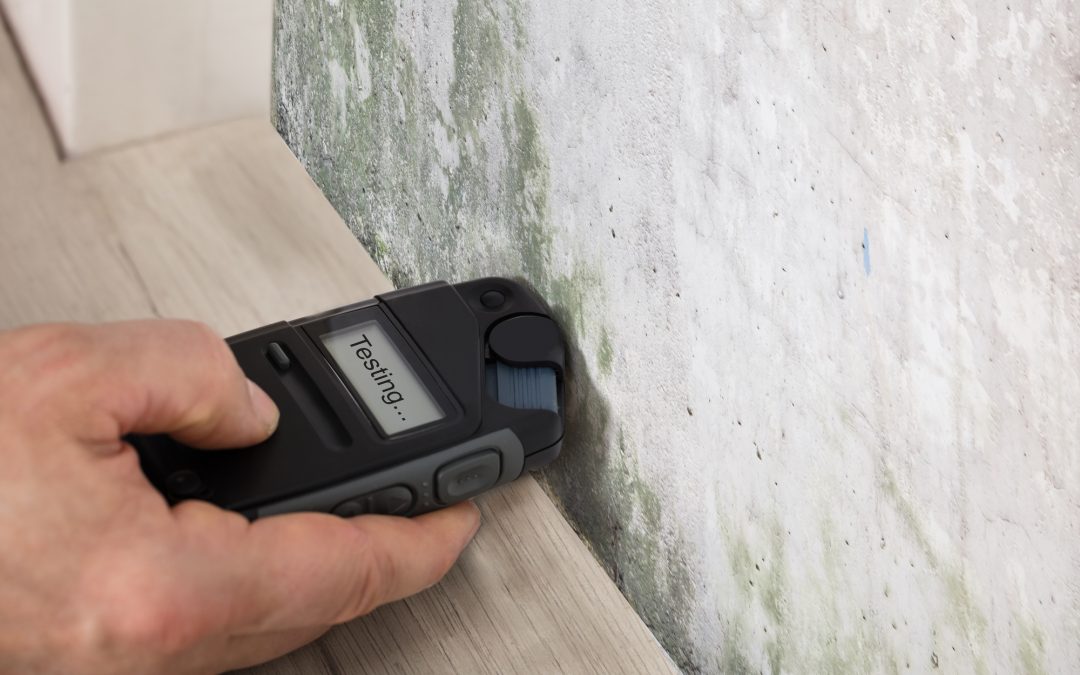If you’re looking to buy or sell a house, it’s important to know what’s wrong with the house. If you’re buying, you want to find out if the house is worth buying or if it’ll be too much work. If you’re selling, you’ll need to know what has to be fixed before you can feasibly sell your home.
In either case, you’ll need a home inspector.
The more problems with your house the longer it will take to fix, meaning you won’t be able to sell it when you want to. Typically, your house will sit on the market for 65-93 days. You don’t want to be forced to wait even longer.
Below we’ll review common home inspection findings to help you speed up the process.
Plumbing
Plumbing issues you may not be able to spot, especially if they’re new and haven’t gotten too big. Cracked pipes can lead to mold growth, a flooded basement/crawlspace, and reduce water pressure.
If you have a sump pump, you may notice it’s running even when it’s not raining (your crawlspace/basement may appear damp). Moreover, you may hear water running in your walls even if you’re not using it. Furthermore, if you try running multiple things at once and you get little water, it’s a sign of low water pressure.
Finally, a home inspector will look into the age of your pipes to determine if they need to be replaced.
Electrical
An inspector will look into how old your electrical systems are, and whether they’re outdated and/or worn out. For example, they’ll examine your circuit breaker and electrical panel.
What’s more, the inspector will check the wiring for any bad connections, and see if everything is wired correctly. They’ll make sure everything is properly grounded. They’ll check to see if everything is up to code.
Many states follow the National Electric Code (NEC), check to see if your state enforces it, and which version. Most are using the 2017 NEC, but many are switching over to the 2020 NEC.
Roofing
A home inspector will look to see if your roof was properly installed. If any repairs were made, they’ll inspect the repairs to make sure they were done correctly. Moreover, they’ll check to see if your roofing is damaged or worn.
Another way they’ll look for improper roofing is by looking for any signs of water damage in your attic.
If you have a chimney, the inspector will examine that as well. For the exterior, they’ll check the flashing for leaks, as well as the bricks and mortar for any damage or wear. For the interior, they’ll check for soot build up and damage.
You may need to hire a roof inspector specialist.
HVAC Systems
The home inspector will check your heating, cooling, and ventilation systems to make sure they’re in good condition and up to date.
They’ll check:
- If they’re in working order (properly ventilating)
- The wiring
- For gas leaks (e.g. carbon monoxide)
- For cracks in the ductwork, heat exchangers, and flue pipes
Water Damage
As discussed before, the home inspector will check your pipes for cracks. Furthermore, they’ll inspect your attic, ceiling, and flooring for any water spots, cracking, splintering, or warping.
If you have stucco on your walls or ceilings, the inspector will check it for cracks as well.
Prolonged water damage can lead to mold growth, which in turn can cause health issues.
Drainage
You need proper drainage away from your home to prevent water from seeping in. Pools may start to form around your home when there isn’t proper drainage.
Roof gutters and downspouts can help redirect water away from your home. The inspector will check to make sure these are properly installed.
Moreover, an inspector will look for pooling water, a damp crawlspace/basement, a cracked settlement, and a moldy foundation.
The Foundation
The home inspector will check your foundation for cracks. A cracked foundation can be caused by:
- Improper drainage
- Tree roots
- Only part of the foundation shifting
- No reinforcement
- Environmental factors (e.g. landslide, earthquake, etc.)
A cracked foundation can lead to different issues including:
- Leaks in your basement/crawlspace
- Difficulty closing/opening windows and doors
- Your house and roof shifting
The Basement or Crawlspace
An inspector will check your basement or crawlspace for mildew, mold, and insects. They’ll also examine the walls and flooring for any dampness which can lead to mold growth. The extra moisture in the air will draw in the insects.
If it’s serious enough, there should be an odor when you step into the room.
The dampness in the basement can be due to poor drainage, a leaking pipe, or an issue with the foundation.
How Well Your Home Has Been Maintained
The home inspector will check every aspect of your home. They’ll make sure any light fixtures or appliances are in working order (that they aren’t worn or damaged).
They’ll inspect your walls and make sure the paint or wallpaper isn’t peeling, cracking, or dirty. The same applies to your flooring.
They will check for any signs of neglect in your home. So, make sure it’s clean and everything is in working order.
There Are So Many Common Home Inspection Findings
These are just a few of the common home inspection findings a home inspector can come across. Other common problems they may check for include:
- Pest problems
- Issues with your pool
- Stucco and moisture buildup
- Faulty appliances (e.g. smoke and carbon monoxide detectors)
- Poor ventilation and insulation
It’s important to get an inspector to your house sooner rather than later. The longer you wait the worse the damage could get, and the more you might need to get repaired. If you’re looking to hire a home inspector, review our blog to learn the key questions you should be asking them.
If you’re ready to go, reach out to one of our inspectors today!

